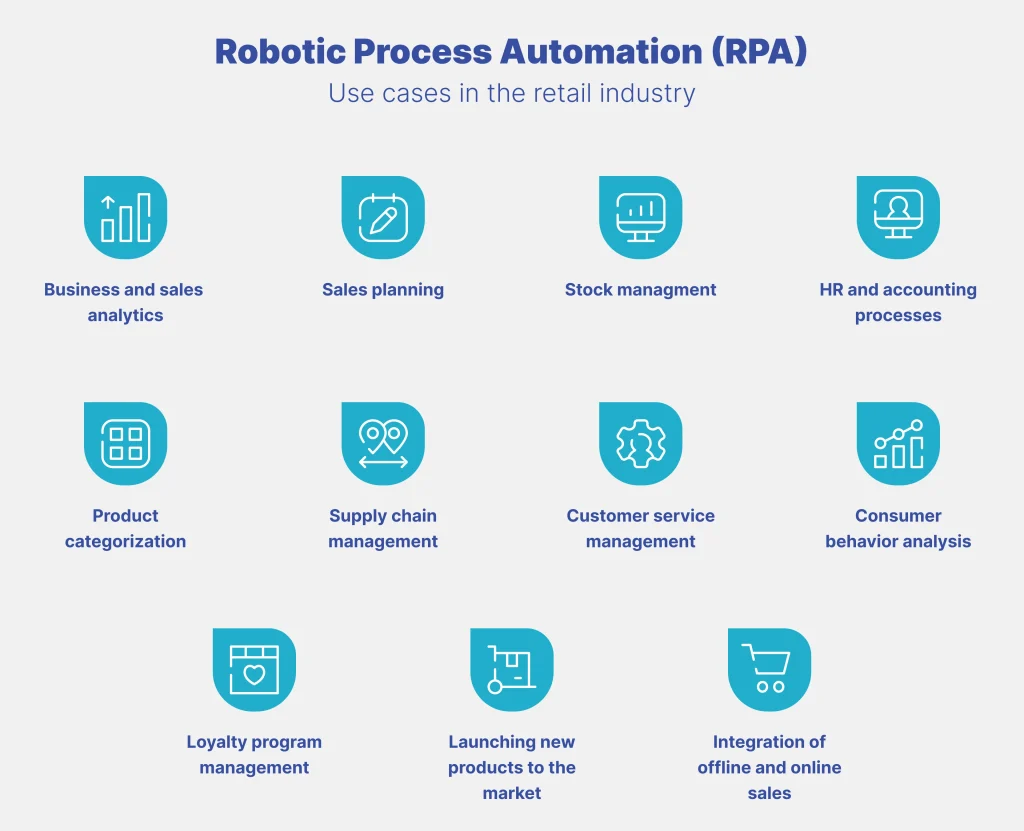Digital transformation is the key to solving many of the problems affecting large and medium-sized companies striving to become leaders in their industries. Learn the benefits of successfully digitalising your company and, among other things, how to ensure sustainability without sacrificing profits and innovation.
Key takeaways from this article
- Automating processes allows for more informed business decisions and safer investments.
- Integrating ESG criteria improves a company's reputation and attracts significant investors.
- Selecting the right technologies allows strategies to adapt to rapid changes in the market.
First problem: how to avoid millions of dollars in losses by automating processes?
Companies without the right automation tools risk not only losing competitiveness in the market, but also the occurrence of costly human errors. Annually around the world, companies lose hundreds of billions of dollars due to errors, mistakes, and omissions that can be avoided with the right tools. Lack of automation also makes it difficult to analyse data and make key business decisions, leading to suboptimal strategies and, in the long run, losses or reduced profits.
Start your digital transformation and gain the benefits of automation
Digital transformation is paving the way to realising the full potential of advanced IT solutions, such as ERP systems, RPA tools, and machine learning algorithms. Innovative solutions tailored to your company's specific needs increase operational efficiency, eliminate human errors, and speed up the execution of routine and repetitive tasks – allowing your specialists to focus on completing more creative tasks. Process optimisation allows you to make more informed business decisions.

Implementing Robotic Process Automation (RPA) is not just a step towards efficiency but also a key element of a company's digital transformation. These solutions not only reduce costs and the time needed for routine tasks but also allow for the creative utilisation of human resources in more strategic areas. The understanding of the RPA idea opens doors to new possibilities and innovations in system design.
Marta Siedlecka – Experience Design & Solutions Manager
Second problem: does sustainability limit the benefits of digitalisation?
Companies focused on dynamic growth and firmly strengthening their position in the international market should choose the path of sustainable development. Disregarding modern standards means loss of reputation, problems attracting capital or attractive customers, and in some cases, increased operational risk. Lack of commitment to ESG reduces business resilience to costly crises and limits innovation potential. ESG reporting can be facilitated by, among other things, advanced analytical tools and reporting platforms that will improve the transparency and regulatory compliance of a company's operations. Choosing the right technologies also means better and easier integration of data from different sources, which will increase the accuracy and credibility of ESG reports.
Is sustainability a real benefit to a company? YES!
Sustainability strategy is all about choosing low-impact technologies that optimise the use of resources. One such solution is cloud computing. It offers high scalability and rapid adaptation of IT resources to current needs. In addition, it reduces the cost of maintenance and development of internal IT infrastructure, and above all, it creates an environment conducive to the implementation of innovative solutions – including AI and ML algorithms, IoT or Big Data.

Take a look at our previous article and discover effective ways to overcome internal obstacles when implementing a digital business strategy.
The third problem: how to prepare for the constant changes and transformations of the market without losing profits and customers?
Today's companies must operate in a rapidly changing reality and adapt instantly to new technological trends, business challenges, competitive actions, or customer needs. Organisations without the support of scalable and flexible solutions risk losing customers, low return on investment, and deepening technological debt. Only the selection and implementation of the right tools will allow active participation in the race for customer attention and loyalty.
Choose a valuable alliance – adapt to change with the support of a flexible IT partner
A competent business partner takes into account the possibility of dynamic changes in the market and offers a flexible approach to projects, contracts, and cooperation. And in the event of a crisis – internal or external – they will not leave the company alone. One attractive form of support offered by a trusted IT partner is building applications and solutions in the form of microservices, which facilitate scalability and increase system flexibility.
In the era of digital transformation, microservices enable companies to build modular and adaptable systems. Each microservice can be developed and implemented independently, allowing for rapid responses to business changes. This separation enhances scalability and innovation. Nonetheless, enterprises must address the challenges of communication between services and data consistency. That's why it is crucial to choose the right IT partner who has the experience and knowledge to effectively build and manage such services.
Jan Palmowski – Head of Project Management Office
Conclusion
Many problems stand in the way of dynamic growth with a favourable balance of costs and profits – including the shortage of specialists and changing technological trends or the difficulty of optimal budget management in the process of digitalisation. Operating in the reality of VUCA requires companies to be even more flexible and resilient to costly crises. The answer to many of these problems and difficulties is to work with a trusted business partner who will use their expertise to support your company in selecting and implementing optimal technologies – paving the way for rapid growth and real profits.
Learn how to effectively plan for digital transformation – engaging your team, leveraging the latest technologies and minimizing risk. Download the whitepaper prepared by our experts and learn practical tips for leaders looking to the future.



